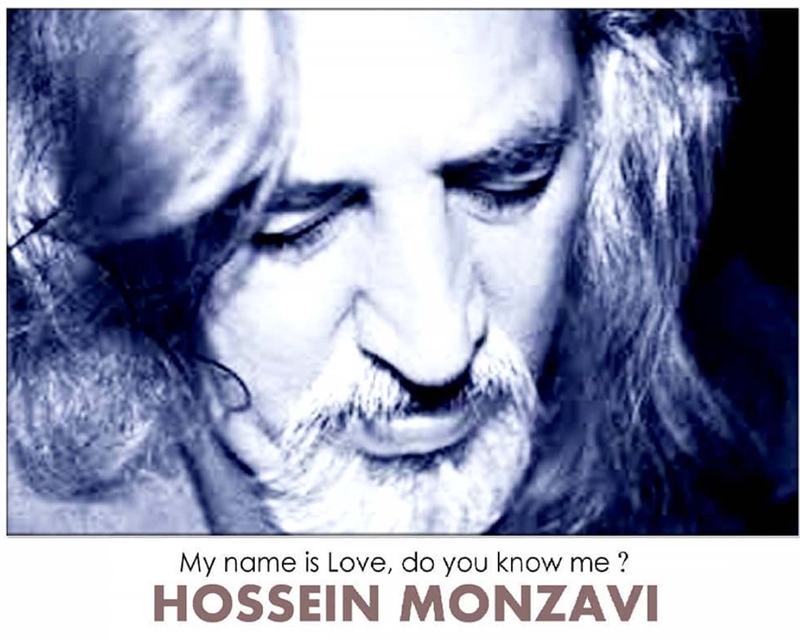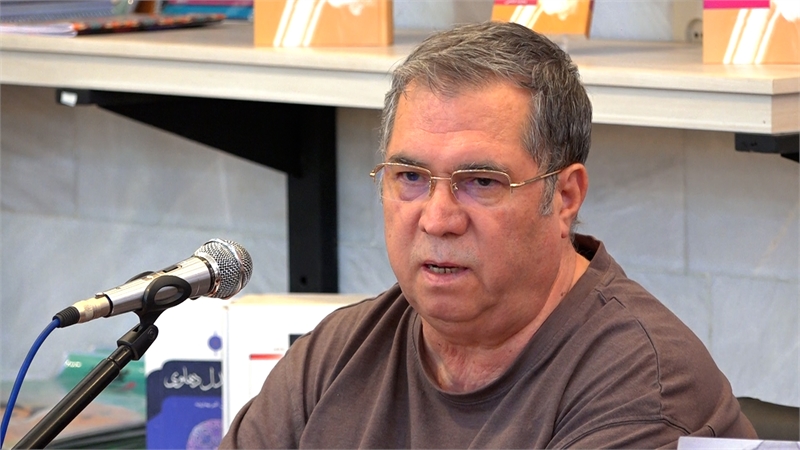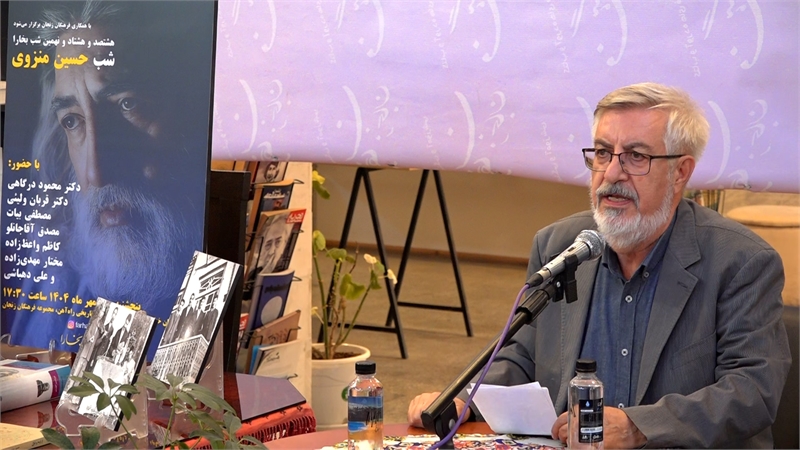Hossein Monzavi is one of the most prominent contemporary ghazal poets. By using novel vocabulary, literary combinations, and strong emotions in his poems, he revolutionized contemporary ghazal and was able to revive this classic poetic style that many believed was at the end of its life.

Monzovi entered the world stage in the city of Zanjan in 1946. She began composing poetry at a young age and established herself as a poet in 1967, and her ghazals attracted the attention of literary circles and ghazal writers. Manzovi composed many songs and compositions, some of which were noticed by prominent singers of the day. In the last years of his life, he returned to his hometown - Zanjan and remained in this city until his death. Manzovi made a living only through the publication of his poems. He left behind good works in the field of "Sepid Poetry". Monzovi, a poet of ghazals and songs, is one of the most influential and innovative poets in the field of contemporary ghazals, to the extent that Manzovi’s innovations and creativity in ghazals can be considered unparalleled.
In addition to ghazals, he is also a prominent songwriter, to the extent that the stylistic features of Manzovi’s songs are as striking and strong as his ghazals.Monzavi's songs, in addition to their simple and fluent language, are also eloquent. Some of his poetic features, such as archaism, the brilliance of external music, innovation in poetic structure and forms, and the use of new meters, are also seen in his songs. The most frequently used poetic forms in his songs are continuous couplets. Monzavi's poems are full of love, passion, and longing. The main theme of Monzavi 's poetry is love. He always speaks of love in its tragic (sad) form. In most of his ghazals, Monzavi uses nature and natural phenomena to describe his beloved. Comparing the eyes, color, and face of his beloved to flowers, gardens, and the sea is one of the characteristics of his romances.
 Ali Dehbashi – Bokhara Magazine Manager
Ali Dehbashi – Bokhara Magazine ManagerMonzavi also uses the element of simile in his poetic images, and most of his poetic images, along with romantic themes, reflect social issues. Although some of his poetic images are inspired by the poetry of the past, innovation in new meanings and images has given his poetry a special characteristic. Many literary critics consider him a poet of love and a romantic lyricist. Although he himself was not a gloomy or sad person, a strange sadness surrounds the words in the background of his poems; a sadness that stems from the depth of his gaze on his surroundings. Sometimes he sees life as it is, but sometimes he criticizes it in his poems. Monzavi's innovation in the correct understanding of metaphor, imagery, different perspectives, and new themes that were formed in his unique rhythm and expression is truly on par with the new poems of prominent contemporary poets. In this way, Monzavi 's ghazal should be considered a conscious combination of the poems of Nima and Hafez. In addition to paying attention to the lexical combinations of traditional ghazals, Monzavi was able to create new combinations that had no precedent before him.
 Mokhtar Mehdizade - Farhangan Manager
Mokhtar Mehdizade - Farhangan ManagerThe Farhangan is a cultural complex that works enthusiastically in Zanjan and strives to spread Iranian culture and art. The Hossein Monzavi Night was held in Zanjan with the efforts made and with the participation of Bokhara Magazine and with the presence of literature professors, and lovers of literature and poetry were present at this gathering.
This article is written to commemorate Hossein Monzavi, the king of contemporary Iranian ghazals.
--------------------
This article was contributed by Mr. Akbar Karimi the international reporter for Arirang Culture Connect and the Founder and Managing Director of the Samte Ganjineye Ghoghnoos Cultural Artistic Institute in Iran. His leadership in preserving and promoting Iranian intangible cultural heritage along with his extensive experience in cultural artistic research and his active participation in international forums such as UNESCO and ICCN enriches his contributions to the global cultural dialogue.